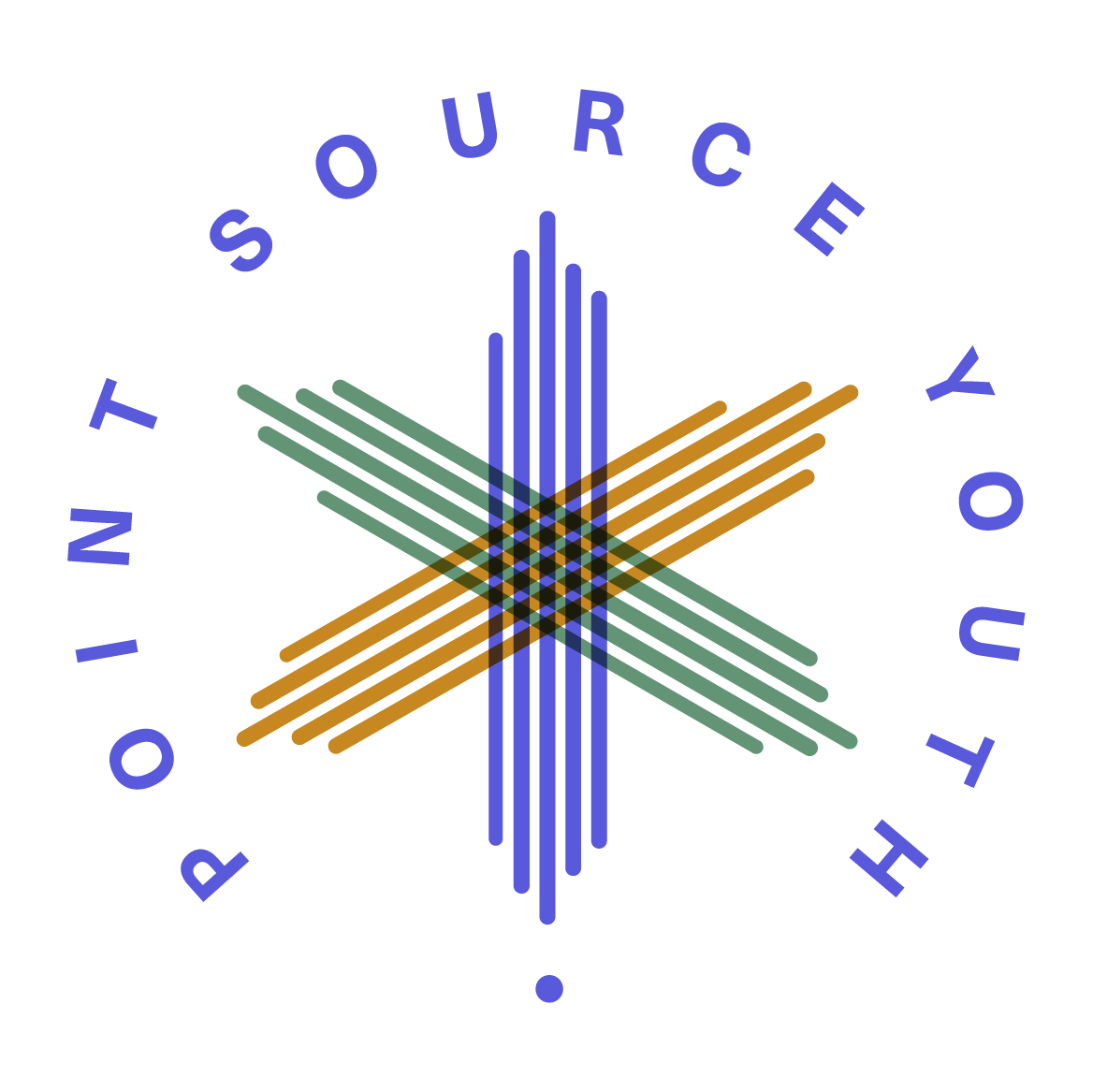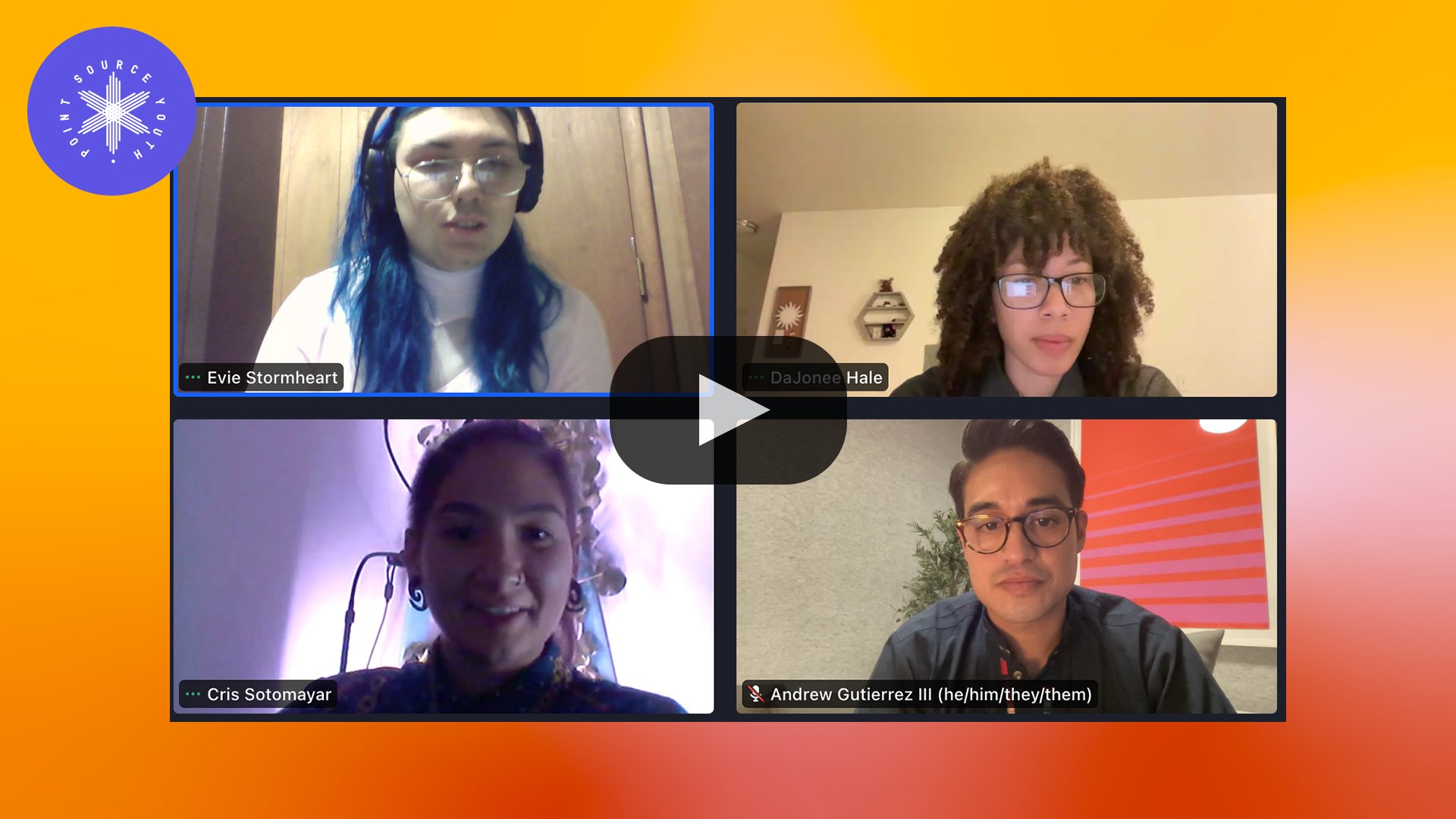National Youth Mentorship & Empowerment Initiative
ABOUT THIS TOOL
We believe firmly in centering youth choice and affirming young people to make vital decisions that positively impact their lives. We hope that this handbook will inspire you and provide you with tools to hire youth mentors and peer navigators to support young people at risk of HIV, living with HIV, and experiencing homelessness and/or housing instability.
With the help of our National Youth Advocates and the support of ViiV Healthcare’s Positive Action Community Grant Program, we have developed this handbook to hire, train and support hundreds of youth mentors to provide peer navigation and support related to HIV prevention, treatment, and care and housing to QTBIPOC youth.
Downloadable Chapters, co-created With National Youth Leaders
-

Youth Mentorship Best Practices
Whether you are hiring a youth mentor for the first time or are ready to level-up your youth mentorship program, there are some basic steps to follow. This resource covers organizational considerations for starting a youth mentorship program, training for youth mentors, understanding confidentiality, civil rights for people living with HIV, and more.
-

HIV Peer Navigation Best Practices
A HIV Peer Navigator should be a young person with lived experience, in a paid position to help the young person navigate their care. This resource provides overviews of how to effectively train HIV Peer Navigators, embrace cultural humility, co-create expectations, and ensure that HIV Peer Navigators have meaningful roles within your organization.
-

Self-Care & Community Care
Working with young people living with HIV requires a holistic approach. This means that providers must remember that coordinated community care is essential when a young person is in crisis and in need of services. This resource examines self-care, community care, self-determination, and best practices for supporting sex workers to ensure that programs have intentional processes in place for all young people.
“The realities of the world are ever-changing and without incorporating youth, programs for youth are created by relying on assumptions. Peer navigators and youth mentors have the lived experience of navigating resources and obstacles and are able to better inform youth programs.”
Mónica García Vega,
2022 National Youth Empowerment And Mentorship Initiative Leader
Key Definitions
We’ve compiled a list of key terms and definitions to ensure that our language is accessible and clear. Download the handbook to access all 16 definitions and review them with your teams to ensure everyone’s using the same, trauma-informed language.
-
A young person with lived experience (homelessness, BIPOC, LGBTQIA+, and/or living with HIV) being paid to provide guidance, support, and encouragement to young people receiving services.
-
A young person with lived experience (homelessness, BIPOC, LGBTQIA+, and/or living with HIV) being paid to help a young person with HIV navigate their healthcare. This is a more specialized position than a Youth Mentor, as this person should be knowledgeable about HIV care and navigating multiple systems.
-
The Human Immunodeficiency Virus (HIV) is a retrovirus that attacks the human immune system. HIV is a sexually-transmitted disease, spreading through contact with blood, semen, vaginal fluid, or other bodily fluids positive for the virus.
-
Auto-immune Deficiency Syndrome is the disease that usually results as an end stage of HIV positivity. AIDS effectively causes a complete breakdown in the human immune system, making the body extremely vulnerable to a host of other ailments such as influenza, pneumonia, cancer, and more. Various medical treatments exist to prevent or prolong an HIV-positive individual from entering the HIV/AIDS stage.
-
Viral Load: Viral load refers to how much HIV is in your blood. Individuals with a high viral load have more HIV in their blood, and thus their immune cells are more susceptible to the virus’ effects. The goal of modern HIV treatment is to reduce the individuals’ viral load to undetectable levels, meaning they cannot spread the virus to other individuals.
-
Medications used to prevent HIV transmission from an HIV-positive individual to an HIV-negative individual. They share many similarities and the drugs are administered in a similar fashion. The key difference is that PrEP is a medication taken before HIV exposure, whereas PEP is a medication taken shortly after an individual believes they’ve been in close contact (e.g. sexual contact or the sharing of hypodermic needles) with an HIV-positive individual. PEP needs to be taken quickly to be effective — within 72 hours of the believed exposure and for a month thereafter. A frequently used analogy states that, when it comes to preventing HIV transmission, PrEP is like birth control and PEP is like Plan B.
“Don't be scared of breaking past the limits that you've been taught. Diversity is thriving and our representation is the most important now, if not ever. Other youth in the system need to hear our voice, our stories, so they have a positive image to look up to. We are not another statistic. We are the voice of the future. Our work is priceless. You cannot put a price on Lived Expertise, nor buy a degree in it.”
Keona Rose,
2022 National Youth Empowerment And Mentorship Initiative Leader
Continue Your Learning
Explore relevant resources and trainings on meaningfully hiring, uplifting, and centering youth leaders.
Limiting Barriers For Youth Employment
This training explores how to hire and support young people in full-time positions. Learn how to ensure your organization is valuing lived experiences in its hiring practices, and examine how applications can be exclusionary.
Supporting Young People At Risk Or Living With HIV/AIDS
Hear speakers explore the importance of intergenerational solidarity for young people at risk of or living with HIV & examine best practices for wraparound care and prevention, focused on centering and hiring young people in HIV and youth service positions
Hear From Youth Leaders and Advocates At point source Youth’s
7th Annual National Symposium
June 20-21, 2023
New York City
This initiative presented by Point Source Youth is supported by ViiV Healthcare’s
Positive Action Community Grant Program











